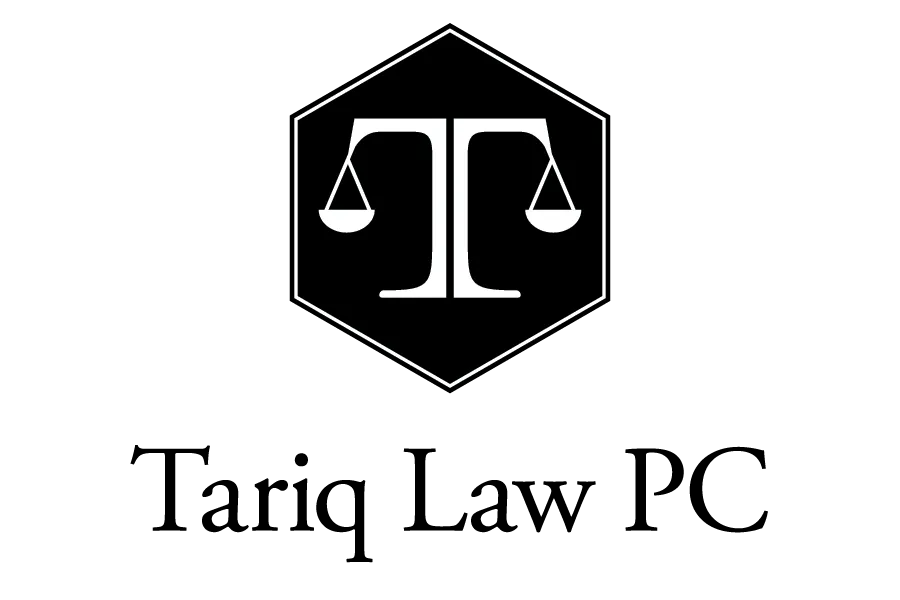Knowing Your Rights: The Consumer Protections of the Fair Credit Reporting Act (FCRA)

The Fair Credit Reporting Act (FCRA) was enacted to protect consumer rights by regulating the collection, dissemination, and use of credit information. Under the FCRA, consumers have several critical rights that help ensure the accuracy, fairness, and privacy of their credit information.
Detailed Breakdown of Consumer Rights:
-Right to Access Credit Reports: Every consumer has the right to request a free copy of their credit report from each of the three major credit reporting bureaus—Experian, Equifax, and TransUnion—once every 7 days through AnnualCreditReport.com. Understanding what's in your report is key to ensuring its accuracy and knowing your credit status.
-Right to an Accurate Credit Report: The FCRA mandates that both credit reporting agencies and the businesses that provide them with your credit information must ensure the information is accurate. This provision is vital for fair treatment in obtaining credit, insurance, or employment.
-Right to Dispute Inaccuracies: If a consumer identifies any incorrect or incomplete information in their credit report, they have the right to dispute it. Once a dispute is lodged, the credit reporting agency has an obligation to investigate and correct the inaccurate information typically within 30 days.
-Right to Privacy: Your credit report contains sensitive personal information. Therefore, the FCRA restricts access to your report and only allows certain businesses to view your report, such as those considering granting you credit, insurance, or employment.
-Right to Know if Information Has Been Used Against You: If a company denies your application for credit, insurance, or employment based on information in your credit report, they must inform you and provide the name, address, and phone number of the agency that provided the information.
-Right to Identity Theft Protections: In case of suspected identity theft, consumers have the right to place a "fraud alert" on their credit reports, warning potential creditors to verify identity before issuing credit. You also have the right to 'freeze' your credit, which prohibits credit reporting agencies from releasing your credit report without your consent.
Remedies for Violations:
If any of these rights are violated, the consumer may have the right to sue the violator in state or federal court. The FCRA allows consumers to recover damages from willful or negligent violations, and in some cases, you may also be able to recover punitive damages and attorney's fees.
Understanding these rights can empower you to take control of your credit report and ensure you are treated fairly. Our law firm is dedicated to providing the support and representation you need to exercise your rights under the FCRA effectively. Reach out to us today for any questions or assistance related to your FCRA rights.

Communication
Always on your side.

Integrity
Honesty at our core.

Excellence
Pursuing the highest standards.
ASK QUESTIONS!









